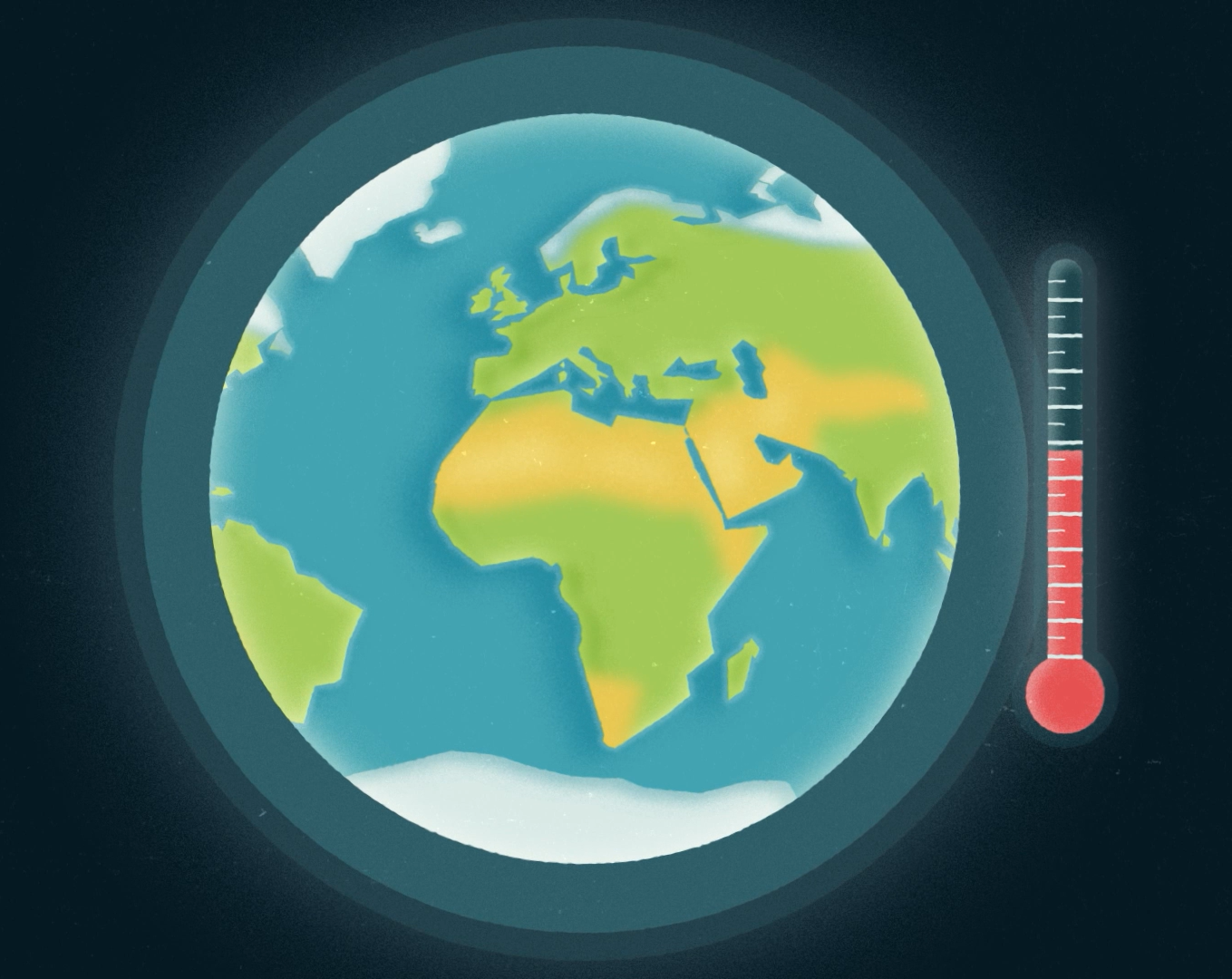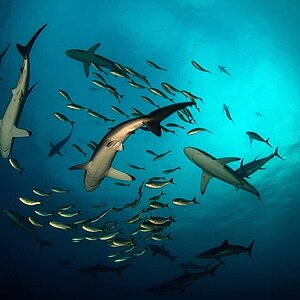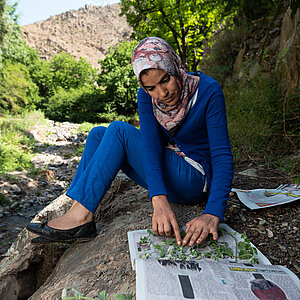CBD COP 15

At the 15th UN Biodiversity Conference (CBD COP 15) the Parties to the Convention on Biological Diversity adopted a new global agreement to stop destruction of nature and reverse the trend.
By 2030, biodiversity loss is to be stopped and the trend reversed. To that end, the international community has adopted four long-term goals for 2050 and 23 medium-term targets for 2030. These include, for instance, halving global food waste and the spread of invasive alien species. Another target is enabling businesses and financial institutions to disclose their activities which have negative impacts on biological diversity.

"The new global biodiversity framework adopted in Montreal establishes a protective shield for our foundations of life. The international community has decided to finally put a stop to biodiversity loss. After long and difficult negotiations, we have succeeded in agreeing on a global biodiversity framework that reflects our great determination. The goals are clear: By 2030, at least 30 percent of the world’s terrestrial and marine areas are to be effectively conserved, the risks to human health and the environment from pesticides and hazardous chemicals halved and environmentally harmful subsidies reduced by 500 billion US dollars. We have committed to restoring 30 percent of degraded natural ecosystems. Today is a good day for global nature conservation and environmental protection. By protecting nature we are also protecting ourselves, and securing a liveable environment for our children."
To secure the additional funding needed to implement the global biodiversity framework, by 2030, $200 billion will be mobilised each year for global biodiversity conservation. Incentives such as subsidies that harm biodiversity will be progressively reduced by $500 billion by 2030. To give developing countries targeted support in implementing the framework, the Global Environment Facility will also set up a Global Biodiversity Framework Fund. Implementation in countries of the Global South will be supported with $20 billion by 2025 and $30 billion by 2030.
The agreement on a multilateral mechanism for sharing the benefits from the use of digital sequence information DSI was a decisive factor for the adoption of the global framework. DSI is about the genetic information of a living creature stored in digital form depicted as a string of letters. DSI is used in basic academic research, but also for commercial purposes. Financial benefits or profits may also result, for example in connection with the marketing of products developed using DSI. In order to ensure the fair and equitable sharing of benefits, the resolved benefit balancing mechanism will now be boosted and operationalised in a fair, transparent and inclusive process, which is to be completed by the Convention on Biological Diversity COP 16.
A new partnership was initiated at the World Biodiversity Conference in Montreal in order to support the countries of the Global South in the preparation and implementation of their national biodiversity strategies. In a first start-up phase, Germany will provide a total of 20 million euros in IKI funds as part of this "National Biodiversity Strategies Accelerator Partnership (NBSAP)".
IKI as a funding instrument for biodiversity conservation
The Federal Government announced in 2022 that it would increase its total investment in global biodiversity conservation to €1.5 billion annually by 2025. The International Climate Initiative (IKI) is an important part of the German contribution to the international financing of climate action and biodiversity conservation, and therefore the global implementation of such measures.
Since 2011, the conservation of biodiversity has been a separate funding area within the IKI. Since biodiversity is also more than just a cross-cutting issue in other funding areas, many projects in these other areas are also contributing to conservation efforts.
Other focal points for the funding area include the conservation and expansion of protected areas, the sustainable use and restoration of ecosystems, and reductions to the degradation, fragmentation and exploitation of ecosystems. The concept of ecosystem-based adaptation to climate change as well as the principles behind sustainable methods of production, biodiversity-friendly agriculture and sustainable fishing make up some other important topic areas. Urban biodiversity – and with it the interactions between city and countryside and their mutual interdependencies – is also becoming increasingly significant.
By providing investments, advice to governments, technology transfer and research partnerships, IKI projects improve the abilities of both governments and civil society actors in partner countries. A particular point of focus for this support is the drafting and implementation of national biodiversity strategies and action plans (NBSAPs). In this work, knowledge sharing as well as raising awareness and the participation of key actors often plays a part in the effective and long-term conservation of biological diversity. IKI uses a broad and varied spectrum of approaches to help its partner countries as they mobilise resources for the conservation of biodiversity: these approaches include the marketing of products that are biodiversity-friendly, the integration of biodiversity into the private and financial sectors as well as the promotion of ecotourism.
To support the countries of the Global South in drawing up and implementing their national biodiversity strategies, of a new partnership was launched at the CBD COP 15. The Federal Ministry for the Environment, Nature Conservation, Nuclear Safety and Consumer Protection (BMUV) will provide seed funding of 20 million euros of IKI funding for the NBSAP Accelerator Partnership. The Federal Ministry for Economic Cooperation and Development (BMZ) is giving a further 9 million euros.
Since the formation of IKI in 2008, over 300 biodiversity projects have been financed, amounting to a total funding volume of about €1.5 billion.
IKI lighthouse projects
- From farm to fork: Mainstreaming biodiversity into food value chains
- Support to indigenous peoples’ and community conserved areas and territories (ICCAs)
- Conservation of seagrass ecosystems – safeguarding food security and resilience in vulnerable coastal communities
- Protected area management for biodiversity conservation and climate change mitigation
- Nature for Health Multi-Partner Trust Fund
IKI Factsheet
Committed to Biodiversity

IKI Annual Report 2022
This article is part of the IKI Annual Report 2022. Learn more about the IKI Year 2022 ...
IKI Side Events at CBD-COP15
All times are Eastern Standard Time (EST)
IKI funding

The link has been copied to the clipboard








![[Translate to English:]](/fileadmin/_processed_/a/5/csm_20221215_CBDCOP15_2029ff5619.jpg)

















